Home>diy>Building & Construction>What Banks Offer A Construction Loan
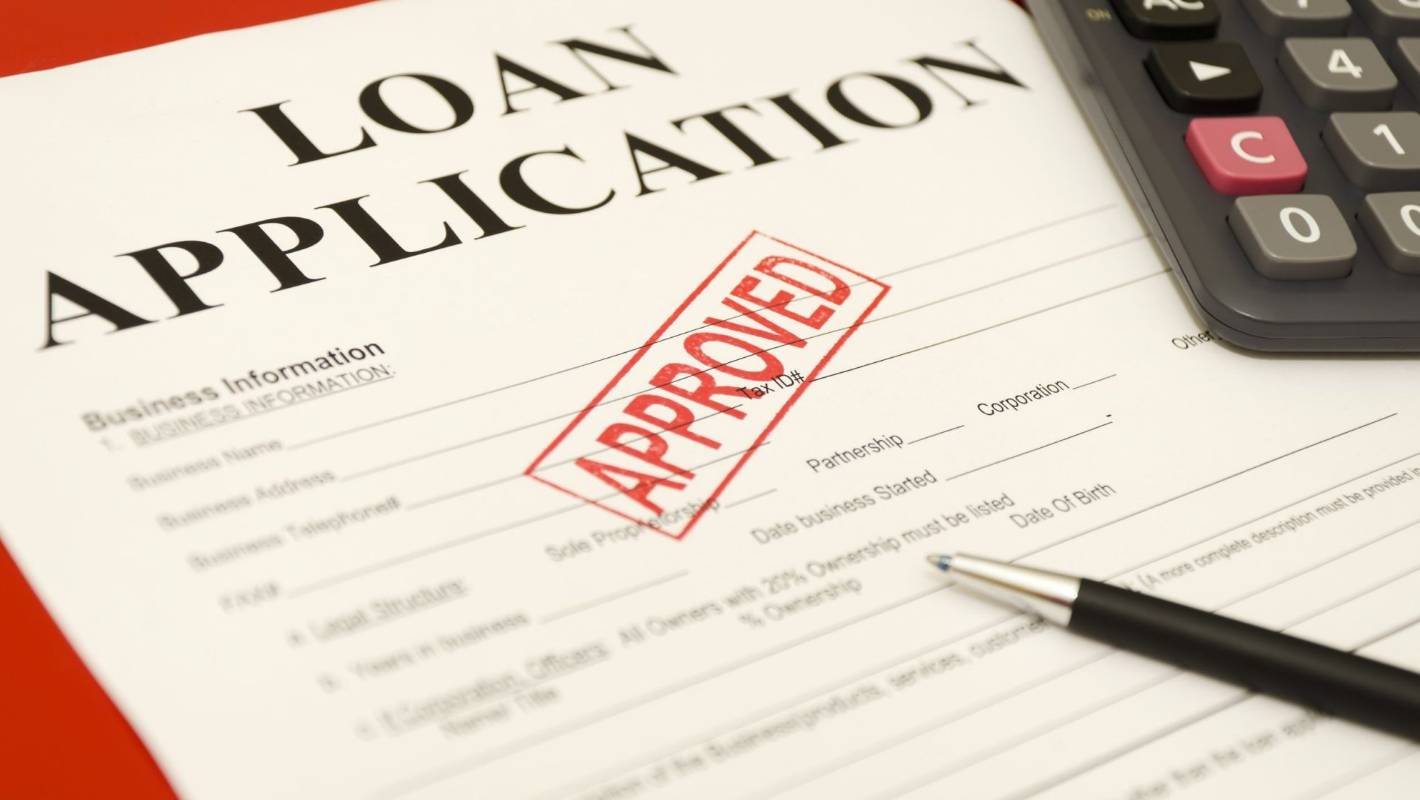

Building & Construction
What Banks Offer A Construction Loan
Modified: October 21, 2024
Looking to build your dream home? Discover which banks offer construction loans and get started on your building-construction project today.
(Many of the links in this article redirect to a specific reviewed product. Your purchase of these products through affiliate links helps to generate commission for Storables.com, at no extra cost. Learn more)
Introduction
Construction loans play a critical role in the building process, providing financial support to individuals and businesses looking to construct their dream homes, commercial buildings, or development projects. These loans are specifically designed to fund the various stages of construction, from purchasing land to completing the project.
When seeking a construction loan, it’s crucial to understand the options available and find the right bank that can meet your specific needs. In this article, we will explore the different types of construction loans offered by banks, the requirements for obtaining them, and the benefits and drawbacks associated with these loans.
With the ever-changing landscape of the construction industry, it’s important to stay informed about the available financing options to make an informed decision that aligns with your financial goals.
Key Takeaways:
- Construction loans offered by banks provide crucial financial support for building projects, but they come with higher interest rates, strict requirements, and potential risks such as construction delays and market volatility.
- To increase the chances of a successful construction loan application, individuals and businesses should focus on detailed planning, improving credit scores, building strong relationships with banks, and collaborating with qualified professionals.
Read more: Who Offers Owner-Builder Construction Loans
Understanding Construction Loans
Construction loans differ from traditional mortgage loans in that they are specifically designed to fund the construction process rather than the purchase of an existing property. These loans are typically short-term and disbursed in stages as the construction progresses.
There are two main types of construction loans: construction-to-permanent loans and stand-alone construction loans. Construction-to-permanent loans are more common and provide funding for both the construction phase and the long-term financing once the project is completed. On the other hand, stand-alone construction loans only cover the construction period, requiring borrowers to secure separate financing for the mortgage once the construction is finished.
One key aspect of construction loans is the disbursement process. Rather than receiving a lump sum upfront, borrowers receive periodic disbursements, known as draws, throughout the construction timeline. These draws are typically tied to specific construction milestones, such as completing the foundation or reaching the framing stage. The borrower is required to provide documentation and proof of progress before each draw is released.
An important factor to consider when applying for a construction loan is the interest rate. Construction loan interest rates are typically higher than traditional mortgage rates due to the higher risk associated with the construction process. However, once the construction-to-permanent loan is converted to a traditional mortgage, the interest rate may be renegotiated.
It’s important to note that construction loans are more complex than traditional mortgage loans and require a more thorough application and approval process. Lenders carefully assess the borrower’s creditworthiness, financial stability, construction plans, and the value of the project before approving the loan.
Now that we have a better understanding of construction loans, let’s explore the different types of construction loans offered by banks.
Different Types of Construction Loans Offered by Banks
When it comes to construction loans, banks provide various options to cater to the specific needs and circumstances of borrowers. Here are some of the different types of construction loans offered by banks:
- Construction-to-Permanent Loans: This type of loan, also known as a “one-time close” loan, combines the financing for both the construction phase and the long-term mortgage. It eliminates the need for borrowers to secure separate financing once the construction is complete, simplifying the process and potentially saving on closing costs.
- Stand-Alone Construction Loans: Stand-alone construction loans provide financing only for the construction phase. Once the construction is finished, borrowers must secure separate financing for the mortgage. This type of loan is suitable for individuals who plan to pay off the construction loan with cash or have an alternative source of funds for the permanent financing.
- Renovation Construction Loans: Renovation construction loans are designed for individuals who want to purchase a property in need of repair or renovation. These loans not only fund the purchase price but also provide the financing needed to complete the renovations. Banks may have specific loan programs tailored to different types of renovations, such as kitchen upgrades or structural repairs.
- Owner-Builder Construction Loans: Owner-builder construction loans are intended for borrowers who plan to act as their own general contractor or oversee the construction process directly. These loans require a higher level of experience and knowledge in construction and typically offer more flexible terms and requirements.
- Spec Home Construction Loans: Spec home construction loans are for builders who construct homes without a specific buyer in mind. These loans provide the capital needed to build the home and are typically converted into a traditional mortgage or paid off through the sale of the property.
It’s important to consult with a bank or mortgage lender to determine the most suitable construction loan option based on your specific project and financial situation. They can guide you through the application process and provide expert advice on the best loan program for your needs.
Now that we have explored the types of construction loans, let’s delve into the requirements for obtaining a construction loan.
Requirements for Obtaining a Construction Loan
Obtaining a construction loan requires meeting specific criteria and providing the necessary documentation to demonstrate your ability to repay the loan. While the requirements may vary between banks, here are some common requirements:
- Down Payment: Construction loans typically require a larger down payment compared to traditional mortgages. The down payment can range from 20% to 25% of the total project cost. This shows the lender that you have a financial stake in the project and reduces their risk.
- Creditworthiness: Banks carefully evaluate your credit history to assess your ability to repay the loan. A solid credit score, usually above 680, is generally required to qualify for a construction loan. Lenders will also review your credit report for any late payments, bankruptcies, or other factors that may impact your creditworthiness.
- Construction Plans and Budget: A detailed construction plan and budget are essential for securing a construction loan. Banks need to assess the feasibility and projected cost of your project. This includes architectural plans, a list of materials and specifications, and cost estimates from contractors or builders.
- Proof of Income and Assets: Lenders will review your financial statements and income documentation to ensure you have the means to make the loan payments. This includes providing tax returns, bank statements, W-2 forms, and other relevant documents.
- Builder Approval: If you are working with a builder or contractor, the bank may require their approval. Lenders want to ensure that the builder has the necessary experience, qualifications, and financial stability to complete the project successfully.
In addition to these requirements, it’s important to have a solid understanding of your project and be able to communicate your vision effectively to the bank. This includes providing a timeline for construction, estimated completion date, and any unique features or requirements for the project.
Meeting these requirements and providing comprehensive documentation will enhance your chances of obtaining a construction loan. Collaboration with the bank or mortgage lender throughout the application process is crucial to ensure that all requirements are met and that you have a clear understanding of the terms and conditions of the loan.
Next, let’s explore some factors to consider when choosing a bank for a construction loan.
Factors to Consider When Choosing a Bank for a Construction Loan
Choosing the right bank for your construction loan is a crucial step in the financing process. Here are some important factors to consider when selecting a bank:
- Experience in Construction Financing: Look for a bank that has experience in construction financing. They should understand the unique requirements and challenges of construction projects and have a track record of successfully funding similar projects.
- Loan Programs and Options: Evaluate the loan programs and options offered by different banks. Consider factors such as interest rates, repayment terms, and flexibility in disbursing funds. Make sure the bank offers a loan program that aligns with your needs and preferences.
- Financial Stability of the Bank: Assess the financial stability and reputation of the bank. A strong and well-established institution is more likely to offer competitive rates, better customer service, and a smoother loan process.
- Customer Service: Construction projects can be complex, so having a bank with a dedicated and knowledgeable team to guide you through the process is crucial. Consider the quality of customer service provided by each bank and how attentive they are to your specific needs and concerns.
- Additional Services: Explore the additional services offered by the bank, such as online banking, mobile apps, and construction loan management tools. These services can streamline the loan process and make managing your construction project more efficient.
- Reviews and Recommendations: Take the time to read reviews and seek recommendations from trusted sources. Feedback from other borrowers can provide insight into the bank’s reputation, responsiveness, and overall experience with construction loans.
Meeting and discussing your project with different banks will give you a better understanding of their offerings and allow you to compare their terms and conditions. Don’t hesitate to ask questions and seek clarification on any concerns you may have.
Remember, choosing the right bank is not just about finding the best rates, but also finding a bank that is a good fit for your project and can provide the support and expertise you need throughout the construction process.
Now that we have explored the factors to consider when choosing a bank, let’s explore the benefits and drawbacks associated with construction loans provided by banks.
When looking for a construction loan, consider checking with local and national banks, credit unions, and specialized construction loan lenders. Compare their terms, interest rates, and fees to find the best option for your project.
Read more: How To Get Construction Loan From Bank
Benefits and Drawbacks of Construction Loans Provided by Banks
Construction loans provided by banks offer several benefits, but they also come with certain drawbacks. It’s important to consider both sides before deciding to pursue a construction loan. Let’s explore the benefits and drawbacks:
Benefits:
- Financial Support: Construction loans provide the necessary funds to start and complete construction projects, helping individuals and businesses turn their vision into reality.
- Stage Disbursements: The staged disbursement feature of construction loans allows borrowers to access funds based on the progress of the construction. This ensures that you only pay interest on the amount you have disbursed, minimizing your borrowing costs.
- Flexibility: Construction loans offer flexibility in terms of loan programs, repayment terms, and loan options. Banks can tailor the loan to your specific needs, considering factors such as project size, budget, and timeline.
- Conversion to Long-Term Mortgage: Construction-to-permanent loans allow for a seamless transition from the construction phase to a long-term mortgage. This eliminates the need for additional paperwork and closing costs associated with separate financing.
- Building Equity: By constructing a new home or commercial building, you have the opportunity to build equity from the start. This can provide long-term financial benefits and potential appreciation in property value.
Drawbacks:
- Higher Interest Rates: Construction loans typically come with higher interest rates compared to traditional mortgages. This is due to the additional risk involved in the construction process and the short-term nature of the loan.
- Strict Requirements: Construction loans have strict eligibility requirements, including a larger down payment, robust credit history, and detailed project plans. Meeting these requirements may be more challenging compared to traditional mortgages.
- More Complex Process: Obtaining a construction loan involves a more complex application and approval process compared to traditional mortgages. The need for documentation, progress reports, and close collaboration with the bank can add a layer of complexity and time to the loan process.
- Risk of Construction Delays: Construction projects are susceptible to unexpected delays and complications, which can impact the timeline and cost of the project. This may require additional funding or extensions on the loan, increasing the overall risk for the borrower.
- Market Volatility: The construction industry, like any other industry, is subject to market fluctuations. Economic downturns or unforeseen market conditions may pose challenges during construction and impact the viability and profitability of the project.
Considering these benefits and drawbacks will help you make an informed decision about whether a construction loan provided by a bank is the right choice for your project. Evaluating your financial situation, risk tolerance, and long-term goals is essential in determining the feasibility of obtaining a construction loan.
Now that we have explored the benefits and drawbacks, let’s move on to some tips for a successful construction loan application.
Tips for a Successful Construction Loan Application
Applying for a construction loan can be a complex process, but with careful preparation and attention to detail, you can increase your chances of a successful application. Here are some tips to help you navigate the construction loan application process:
- Start with a Detailed Plan: Begin by developing a comprehensive construction plan that includes architectural plans, cost estimates, and a clear timeline. This demonstrates to the bank that you have a well-thought-out project and increases their confidence in your ability to complete it.
- Prepare Financial Documents: Gather all the necessary financial documents, including tax returns, bank statements, and proof of income. Having these documents organized and readily available will speed up the application process and show the bank that you have strong financial stability.
- Improve Your Credit Score: Prior to applying for a construction loan, work on improving your credit score. Pay bills on time, reduce outstanding debt, and resolve any errors on your credit report. A higher credit score will increase your chances of loan approval and potentially provide better terms and interest rates.
- Research and Compare Lenders: Take the time to research and compare different lenders and loan programs. Look for banks with experience in construction financing and favorable terms. Compare interest rates, fees, and customer reviews to make an informed decision.
- Build a Strong Relationship with the Bank: Establishing a strong relationship with the bank is crucial for a successful loan application. Communicate regularly, stay responsive to their requests, and demonstrate your commitment to the project. A solid relationship with the bank can expedite the loan process and provide additional support throughout the construction phase.
- Have a Contingency Plan: Construction projects can encounter unexpected challenges and delays. It’s important to have a contingency plan in place to handle unforeseen circumstances. Include a buffer in your budget for potential cost overruns or project extensions.
- Work with Qualified Professionals: Engage experienced professionals such as architects, contractors, and builders who have a track record of successful construction projects. The bank will likely review their qualifications and financial stability, so selecting reliable professionals will strengthen your loan application.
- Be Transparent and Proactive: Transparency is key during the loan application process. Be honest and upfront about your project, financial situation, and any challenges you anticipate. Proactively provide the bank with all the requested documentation and updates on the progress of your construction.
Following these tips will help streamline the application process and demonstrate your commitment and preparedness to the bank. Collaborating closely with the bank and maintaining open lines of communication throughout the process will also enhance your chances of success.
Now that we have explored the tips for a successful application, let’s conclude and summarize our key points.
Read more: Who Offers Homestyle Renovation Loans
Conclusion
Construction loans offered by banks are a valuable tool for individuals and businesses looking to embark on a construction project. These loans provide the financial support necessary to turn visions into reality. Throughout this article, we have explored the different types of construction loans, the requirements for obtaining them, the factors to consider when choosing a bank, and the benefits and drawbacks associated with these loans.
Understanding the nuances of construction loans is crucial for making informed decisions. Whether you opt for a construction-to-permanent loan or a stand-alone construction loan, it’s important to meet the down payment requirements, have a solid credit history, and provide comprehensive documentation of your project plans and budget.
When choosing a bank, consider their experience in construction financing, the loan programs and options they offer, and the level of customer service they provide. It’s also beneficial to explore additional services such as online banking and loan management tools.
While construction loans offer advantages such as financial support, flexibility, and the ability to build equity, they also come with higher interest rates, strict requirements, and potential risks such as construction delays and market volatility.
To increase your chances of a successful construction loan application, start with a detailed plan, gather all necessary financial documents, improve your credit score, research and compare lenders, build a strong relationship with the bank, and collaborate with qualified professionals.
Ultimately, a successful construction loan application requires careful preparation, transparency, and proactive communication. By following the tips outlined in this article, you can navigate the construction loan application process with confidence and increase your chances of securing the financing needed to bring your construction project to life.
Remember to consult with a financial advisor or mortgage specialist to ensure that you fully understand the terms and conditions of the loan and that it aligns with your specific financial goals and circumstances.
Now, armed with this knowledge, go forth and embark on your construction journey, turning your dreams into bricks and mortar.
Frequently Asked Questions about What Banks Offer A Construction Loan
Was this page helpful?
At Storables.com, we guarantee accurate and reliable information. Our content, validated by Expert Board Contributors, is crafted following stringent Editorial Policies. We're committed to providing you with well-researched, expert-backed insights for all your informational needs.


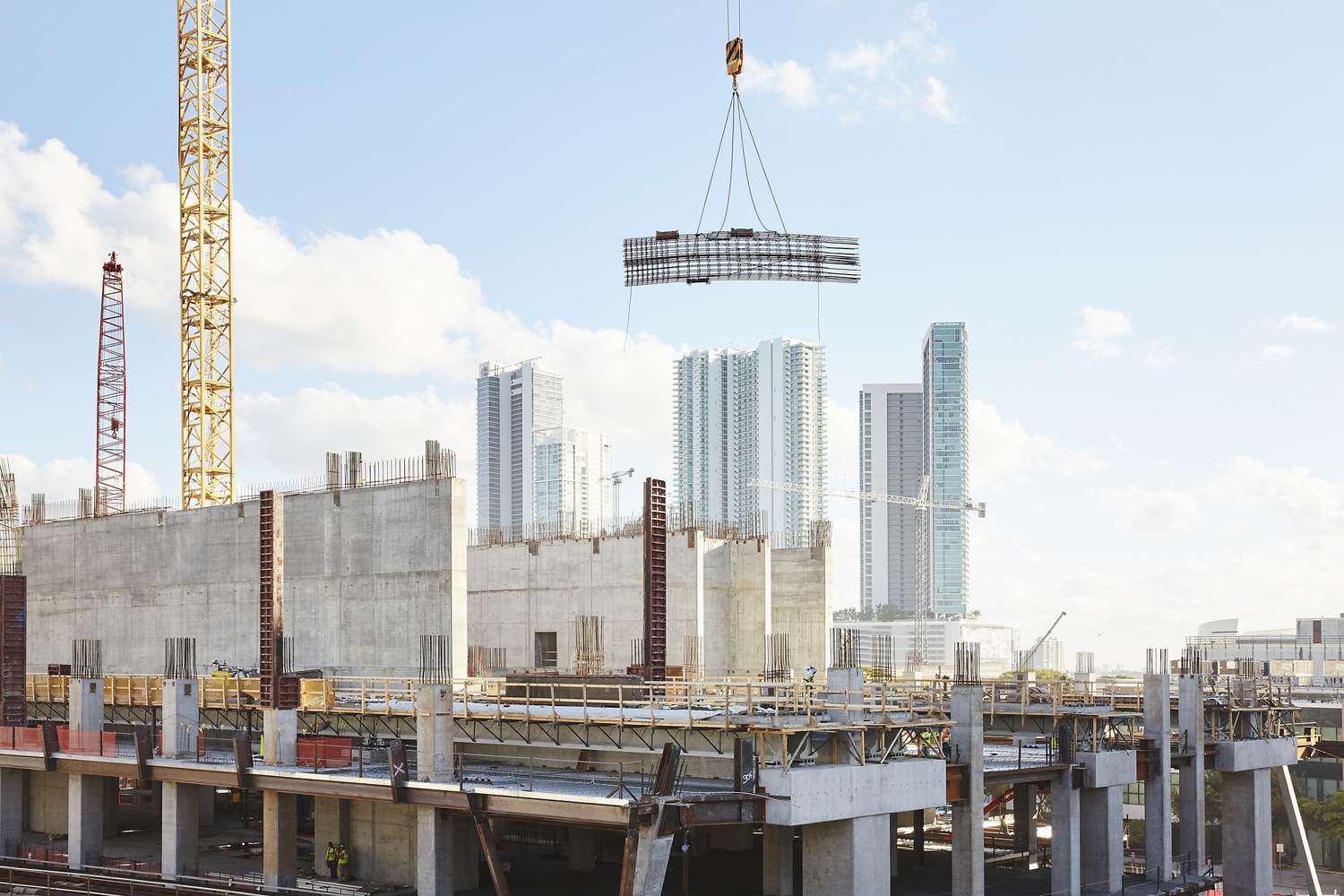
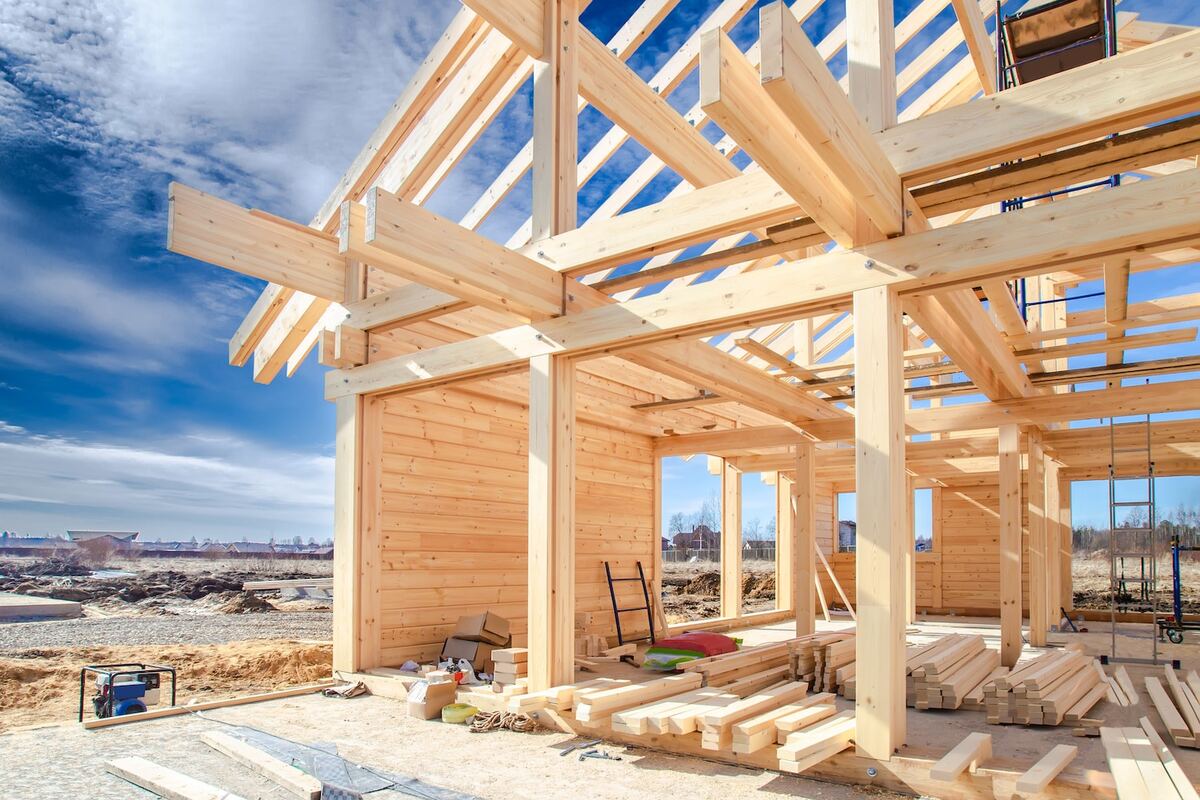
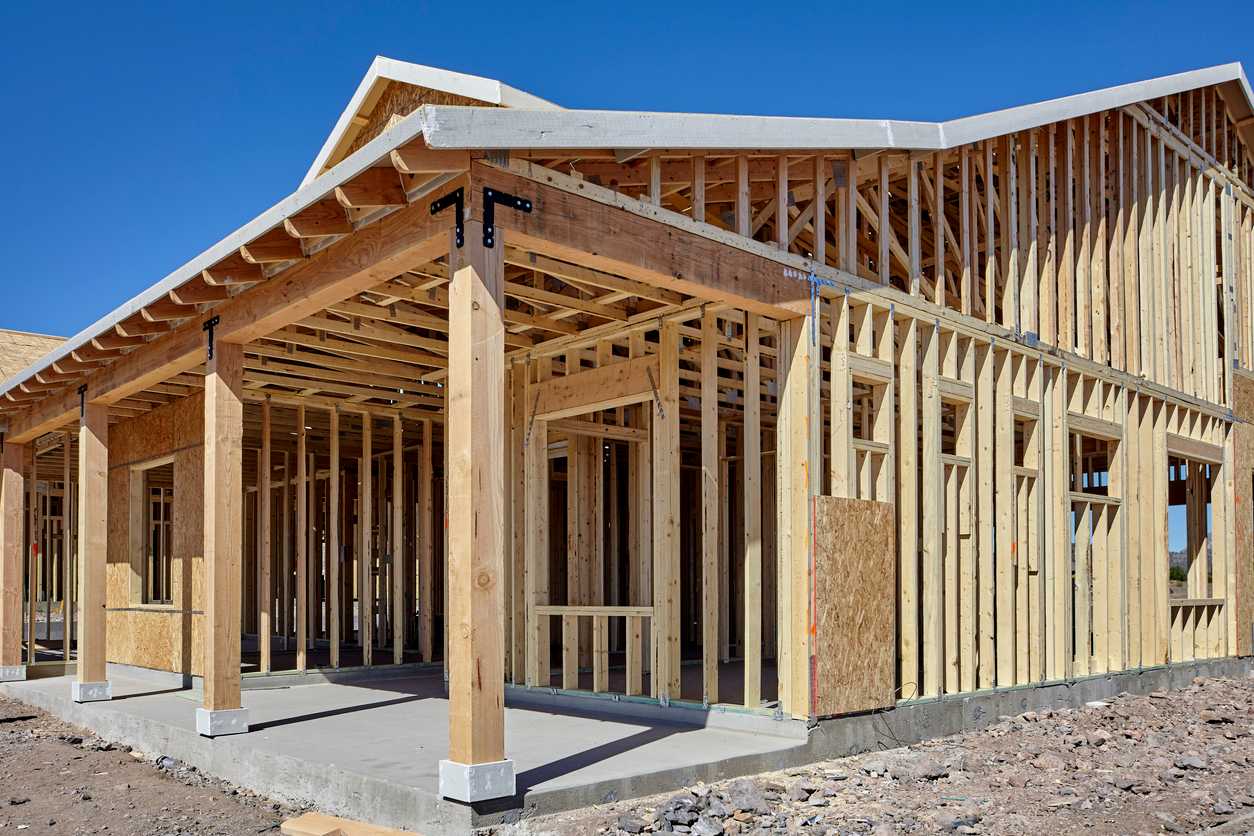
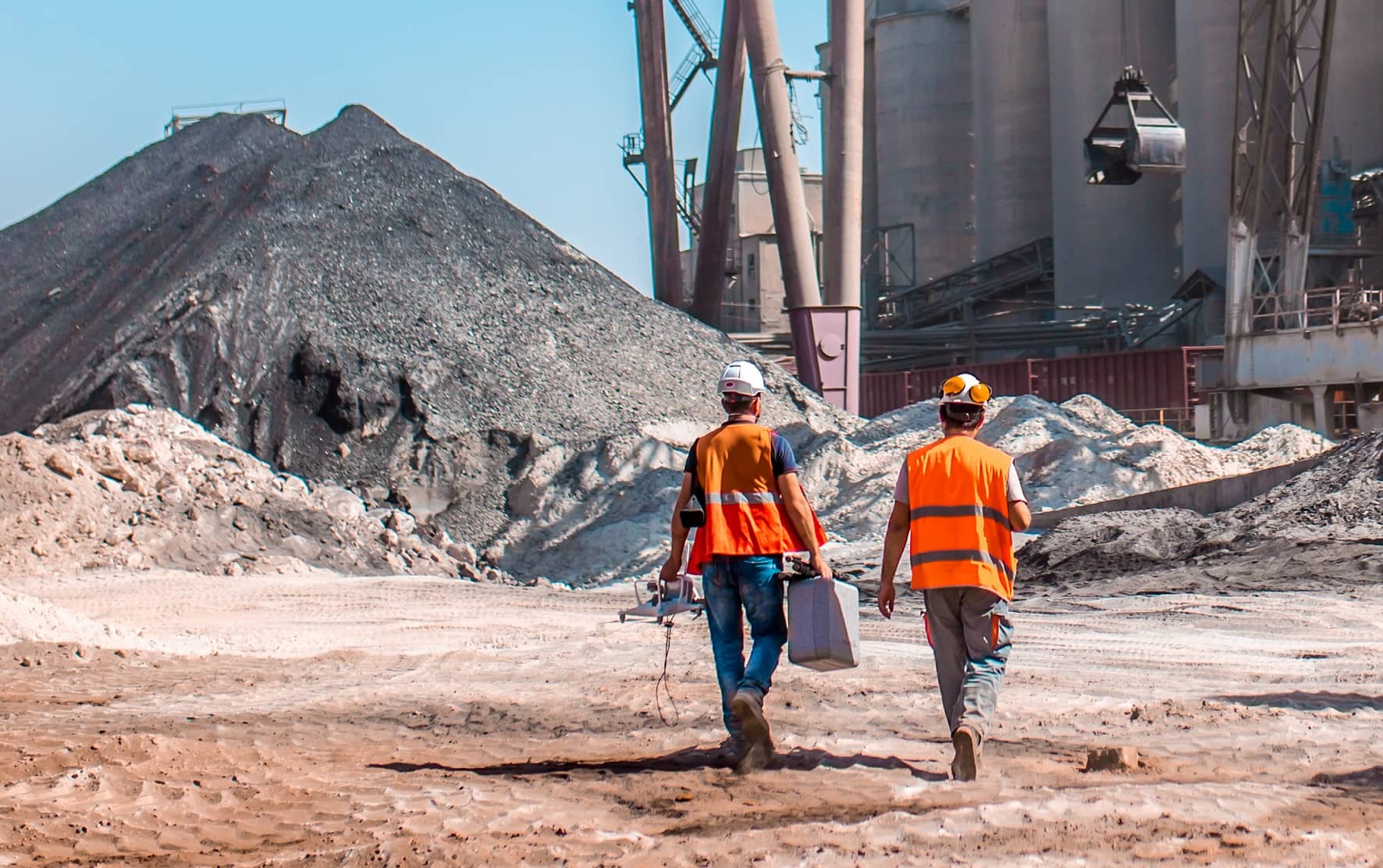

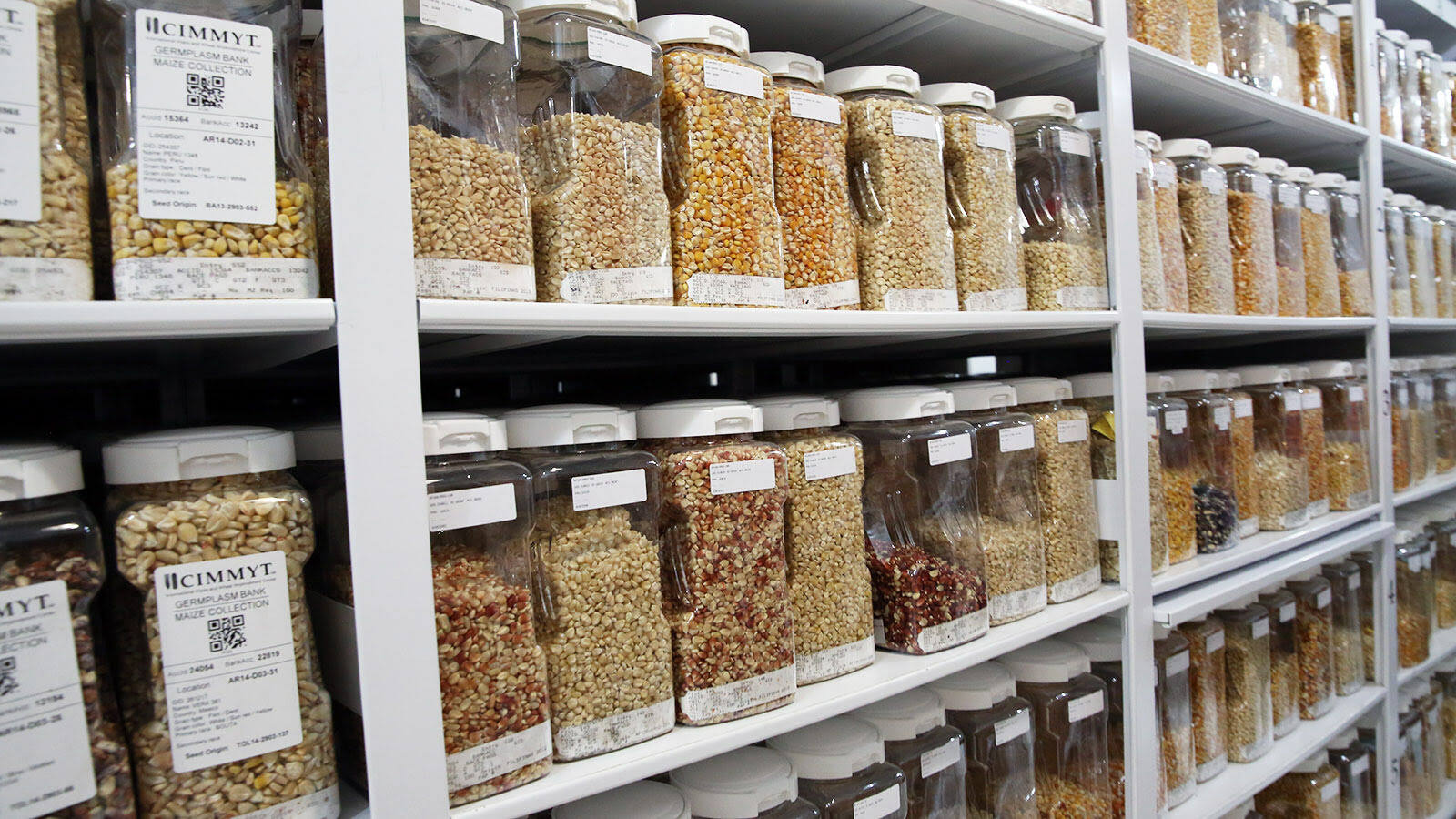



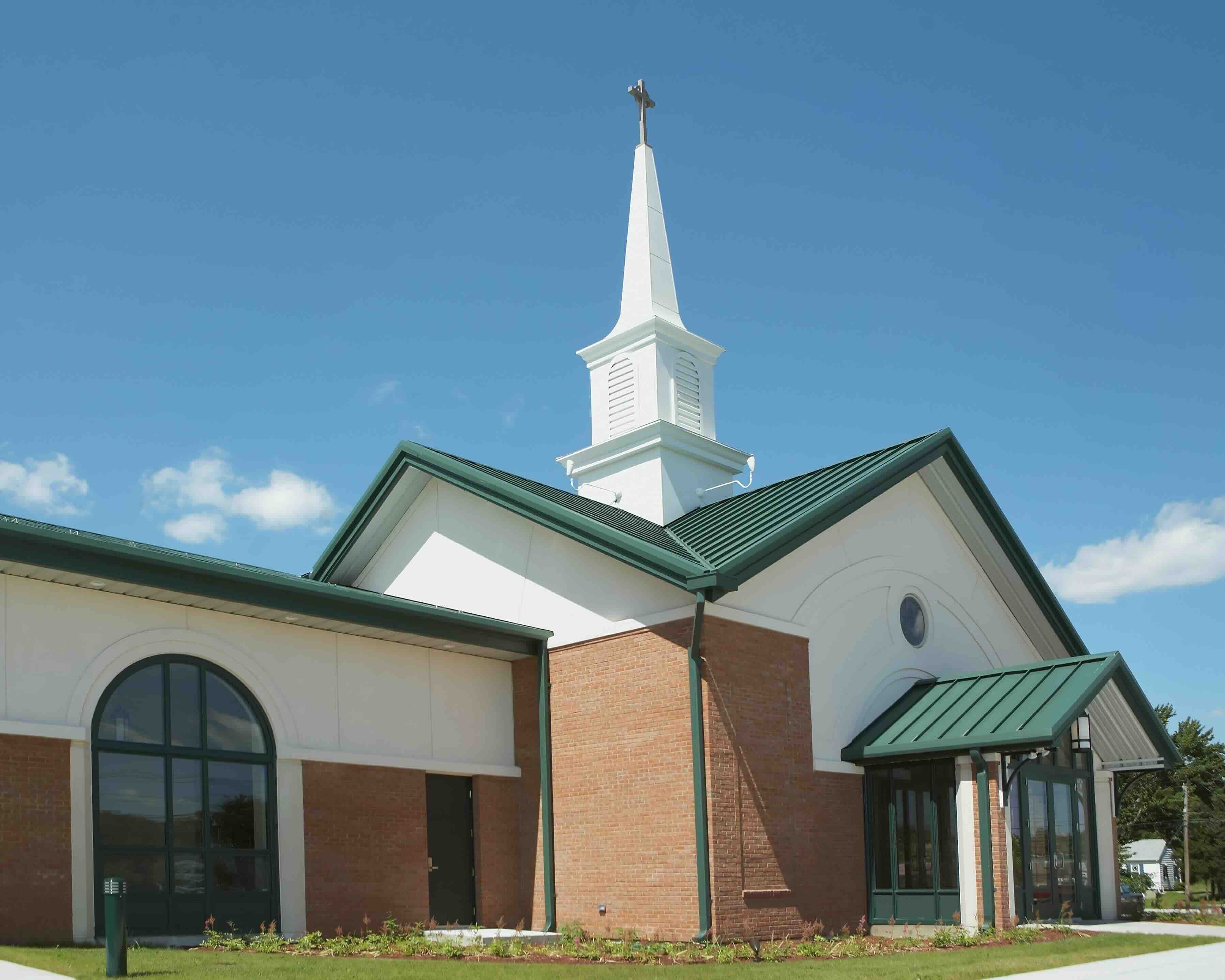


0 thoughts on “What Banks Offer A Construction Loan”